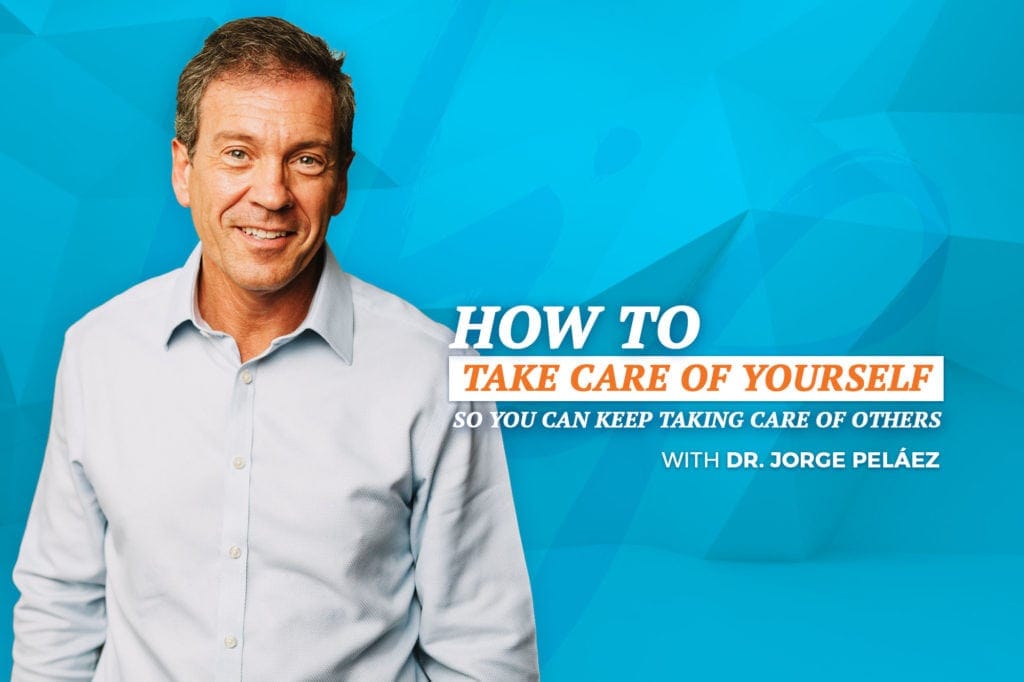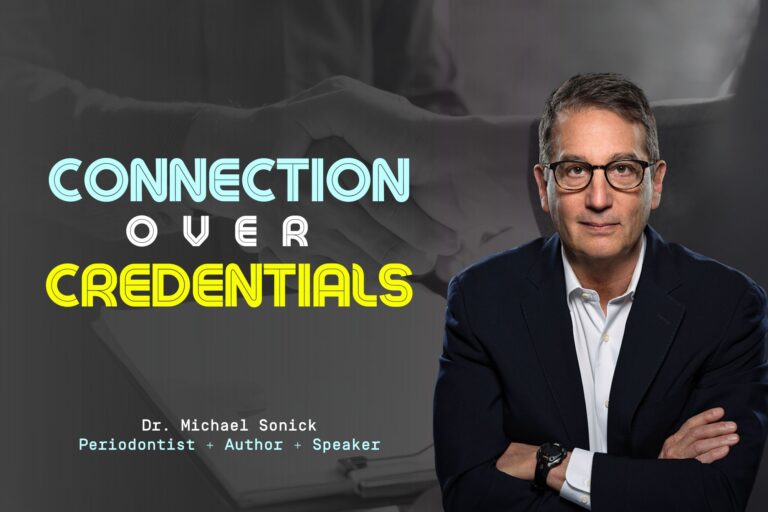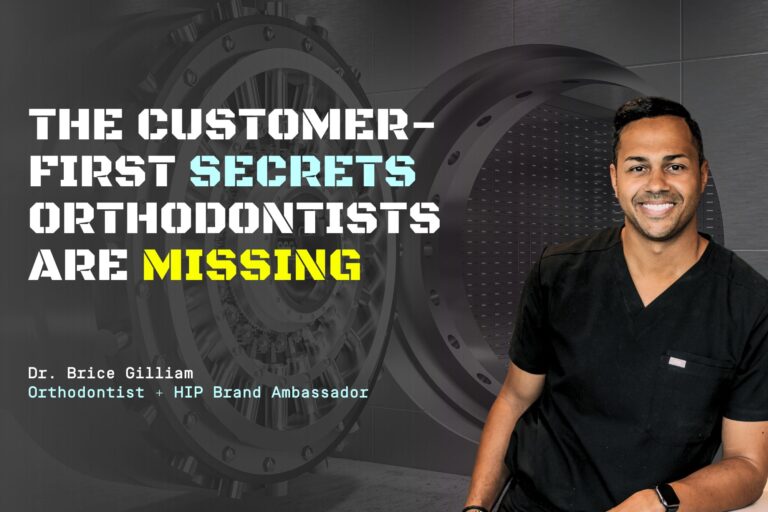Subscribe: RSS
This week on All Things Business for Physicians, we’re chatting with Dr. Peláez, an experienced neurologist and sleep disorder specialist who now practices integrative functional medicine.
He talks about:
- His journey, and what he recognized as the “tipping point” in his career toward integrative medicine
- What he means when he says that “asking the whys is much more relevant than asking the whats”
- Why he believes so many physicians fail to make their own health a priority (as evidenced by studies showing a majority of doctors currently living with overweight and obesity)
- How doctors can make their health a priority
- Why routines are so essential to Dr. Peláez‘s success
- How to make successful and sustainable changes in your health and life
Dr. Peláez believes someday what we call “integrative medicine” now will simply be “medicine.” That is, “Taking the person as a whole and not just the sum of different parts.” In his practice, this means he’s looking at disease and symptom presentation but also other elements such as spirituality, nutrition, stress reduction, hormonal imbalances, and so on.
One of the biggest and most influential challenges for Dr. Peláez was the realization that “[the United States] does have the best sick care system in the world, but not necessarily the best healthcare system.” Providing reactive vs. proactive care, he felt he wasn’t able to help his patients (or even himself) in the way he truly desired. This realization is what shifted him toward looking for ways to investigate and address root causes of disease (the “whys”) rather than simply treating and controlling the manifestation of disease itself (the “whats”).
Why are so many physicians overweight and unwell? “We were trained to be sick care providers,” Dr. Peláez suggests again (emphasis ours). “Many of my colleagues don’t really know much about creating health,” whether that’s for their own patients or even for themselves. He points to challenges of burnout and the drive to see a high volume of patients and provide symptomatic help to as many people as possible.
“We’re not taught how to take care of ourselves,” he adds, noting that there’s a dearth of information in medical school about important topics like nutrition, sleep and stress management, mental health, and even dealing with the challenges of health insurance, bureaucracy, and “the availability of drugs that pretend to fix a problem without curing anything.” It can be a frustrating and overwhelming experience that only adds to the already stressful nature of the medical profession, a field which sadly sees upward of 400 suicides per year.
Patients need to see you’re taking care of yourself, he advises. “We need to think of ourselves not just as the healers, but the patients.” He references the useful and important metaphor of putting the oxygen mask on yourself first before going to help someone else.
The best advice he’s ever been given about taking care of his own health wasn’t from a fellow physician at all but from a friend of his. “He said, ‘I’m sure God believes you’re worth it.'” This points to the fact that regardless of your specific religious beliefs, remembering to scale out and identify ways to feel valuable and worthy are essential. “I believe every person is sacred. We are meant to prioritize our self-love.”
“Know your worth as a human being. Respect yourself—for real,” he suggests as a last piece of advice for physicians, and “don’t settle for what you know is not the best,” whether that’s about the care you provide for your patients or the way you provide for your own physical and mental well-being.
You can contact Dr. Peláez by calling the Florida Health and Wellness Institute at 850-436-4444, visiting their Facebook page, or visiting their website, floridahwi.com.
Show Resources










